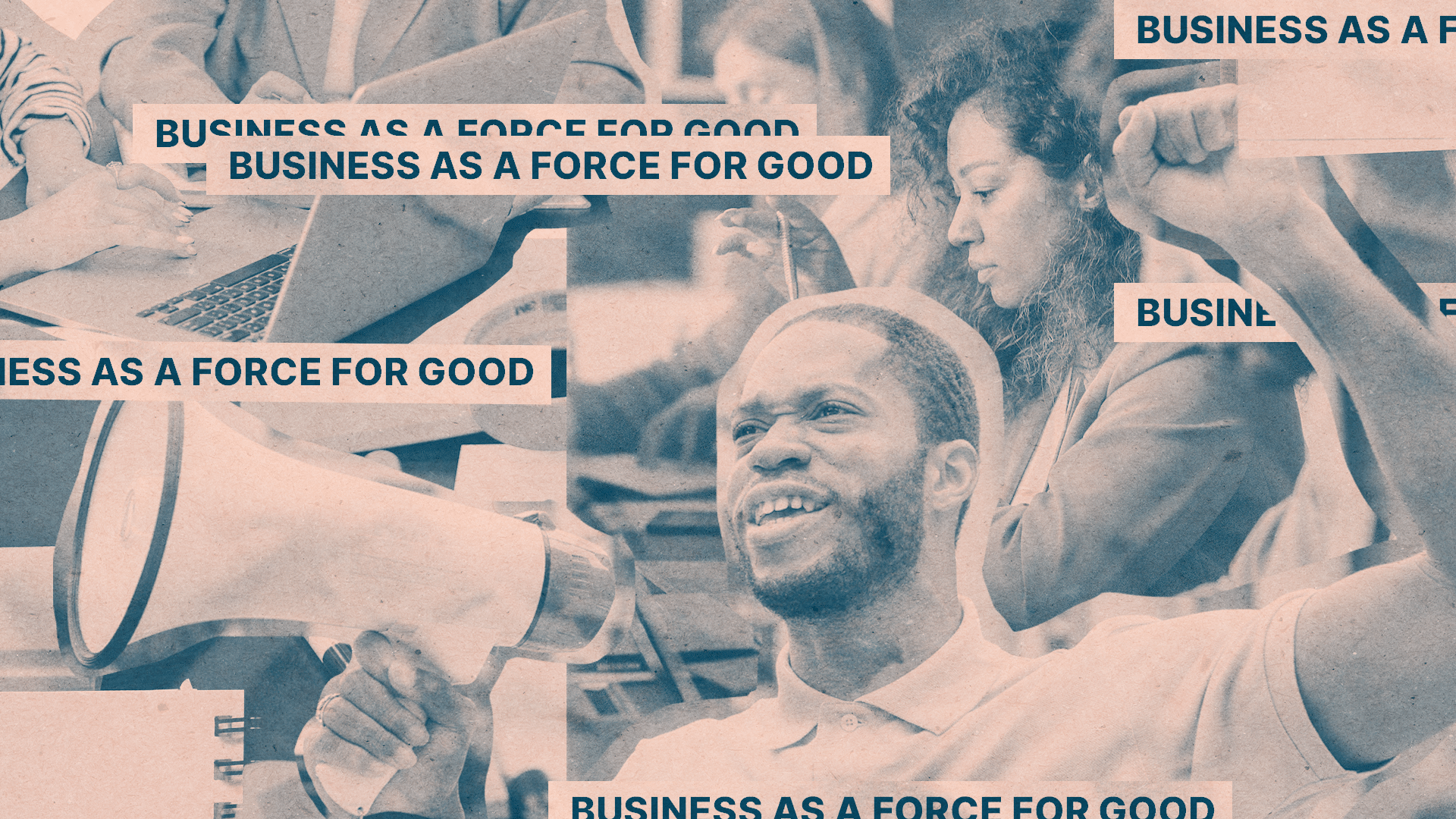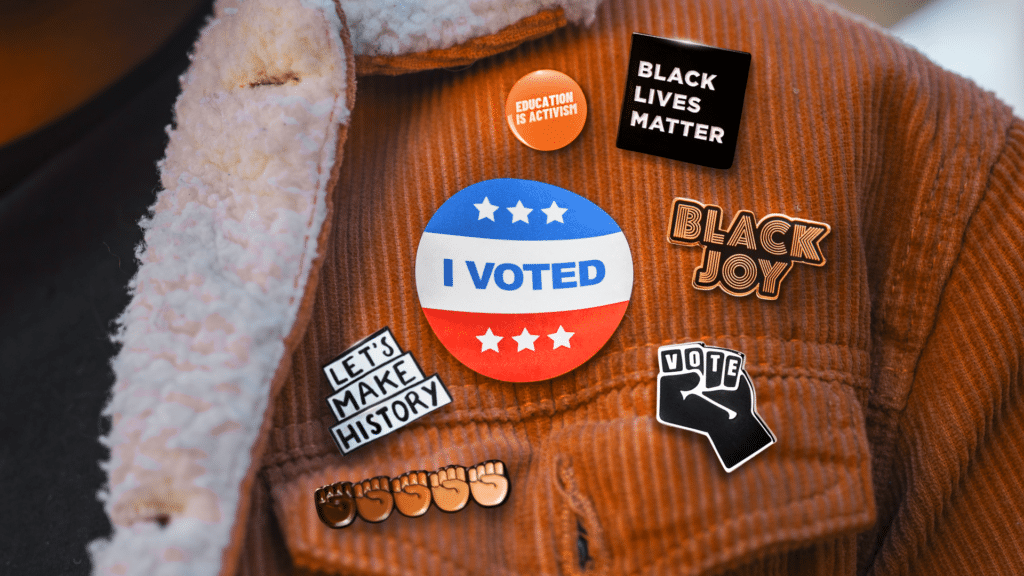Mixte is a business fighting for justice. And we think yours should be too.
Since our launch in 2011, Mixte’s been clear about its purpose. The Supreme Court’s decision to outlaw affirmative action in college admissions, on the heels of their reversal of Roe v. Wade, was the final straw that convinced us we had to become even stronger advocates on the collective role of businesses in shaping social policies.
Seeing as many around us refuse to live in a post-fact world, here are a few to ground us in actual data. Affirmative action — and diversity programs across the board — have an undeniable impact at every level of business operations and success:
- In The economic gains from equity, researchers conducted a thought experiment: “How much larger would the U.S. economic pie be if opportunities and outcomes were more equally distributed by race and ethnicity?” Their answer is $22.9 trillion over the 30-year period.
- One McKinsey report showed that companies in the top quartile for racial/ethnic diversity were 35 percent more likely to have financial returns above their respective national industry medians.
As we gaze into our murky crystal ball, we predict much more backsliding ahead, coming straight at us through attacks on diversity programs in the corporate workplace. Any business with a neutral position on this topic will find themselves caught unprepared and in the crossfire. That’s why we’ve always believed in taking a stand on social issues. Mixte was founded based on the belief that business can be a force for good. Over the years, the more effort we’ve put behind our own diversity, the more impact we’ve had fighting against systemic injustices, and the better our business has performed.
Let’s begin by debunking the long-standing narrative and common push-back that businesses shouldn’t “dabble in politics.” Since the earliest days of America’s founding, our political apparatus has promoted policies that overwhelmingly benefit large corporations. This isn’t news in and of itself, as capitalism has never defined itself by the good of communities or employees. What bothers us most — both as business owners and communicators — are the systemic forces behind the policies that we’re told are “good for business.”
We can take a walk through time to fully appreciate the irony in these tropes, within the full context of American history. By the time we’re done, it should be pretty evident why any business that claims to care about its community and its employees has to get behind a radical transformation of existing power structures, in order to reduce the role and the power of the few large corporate interests that shape policies prioritizing profits over people.
A simplified version of U.S. history through the lens of stock market crashes
Disclaimer: we’re not economists or historians. We’re just smart consumers of information — and in everything we read, listen to and watch, we notice where power is shared or hoarded. Large corporations’ drive for profit has historically ignored the idea of shared prosperity. And they’ve used laws as a tool for their competitive advantage — again, no surprise.
Since their inception, trading markets were a predatory practice for merchants to buy goods (whose price they anticipated would increase) in order to make a profit. These led to formal stock exchanges — marketplaces to buy shares of company “stock” based on perceived earning potential/growth — and eventually the primary model for determining companies’ value.
At a large scale, this speculative, profit-driven free enterprise model has, like clockwork, resulted in financial crashes every 10-20 years, often with devastating ripple effects for people.
This wasn’t some dark conspiracy: the robber barons of the Gilded Age behind Wall Street’s development were openly using the legal system for their direct corporate benefit. This practice reached its most callous inflexion point when we realize how the Fourteenth amendment to the US Constitution, originally written to guarantee and extend “liberties and rights granted by the Bill of Rights to formerly enslaved people,” was manipulated almost immediately. A quick reference first on its language:
“No State shall make or enforce any law which shall abridge the privileges or immunities of citizens of the United States; nor shall any State deprive any person of life, liberty, or property, without due process of law; nor deny to any person within its jurisdiction the equal protection of the laws.”
Yet as the Supreme Court Justice Hugo Black so painfully pointed out:
“I do not believe the word ‘person’ in the Fourteenth Amendment includes corporations… Certainly, when the Fourteenth Amendment was submitted for approval, the people were not told that the states … ratified an amendment granting new and revolutionary rights to corporations.
This amendment sought to prevent discrimination by the states against classes or races… Yet, of the cases in this Court in which the Fourteenth Amendment was applied during the first fifty years after its adoption, less than one-half of 1 per cent invoked it in protection of the Negro race, and more than 50 per cent asked that its benefits be extended to corporations.”
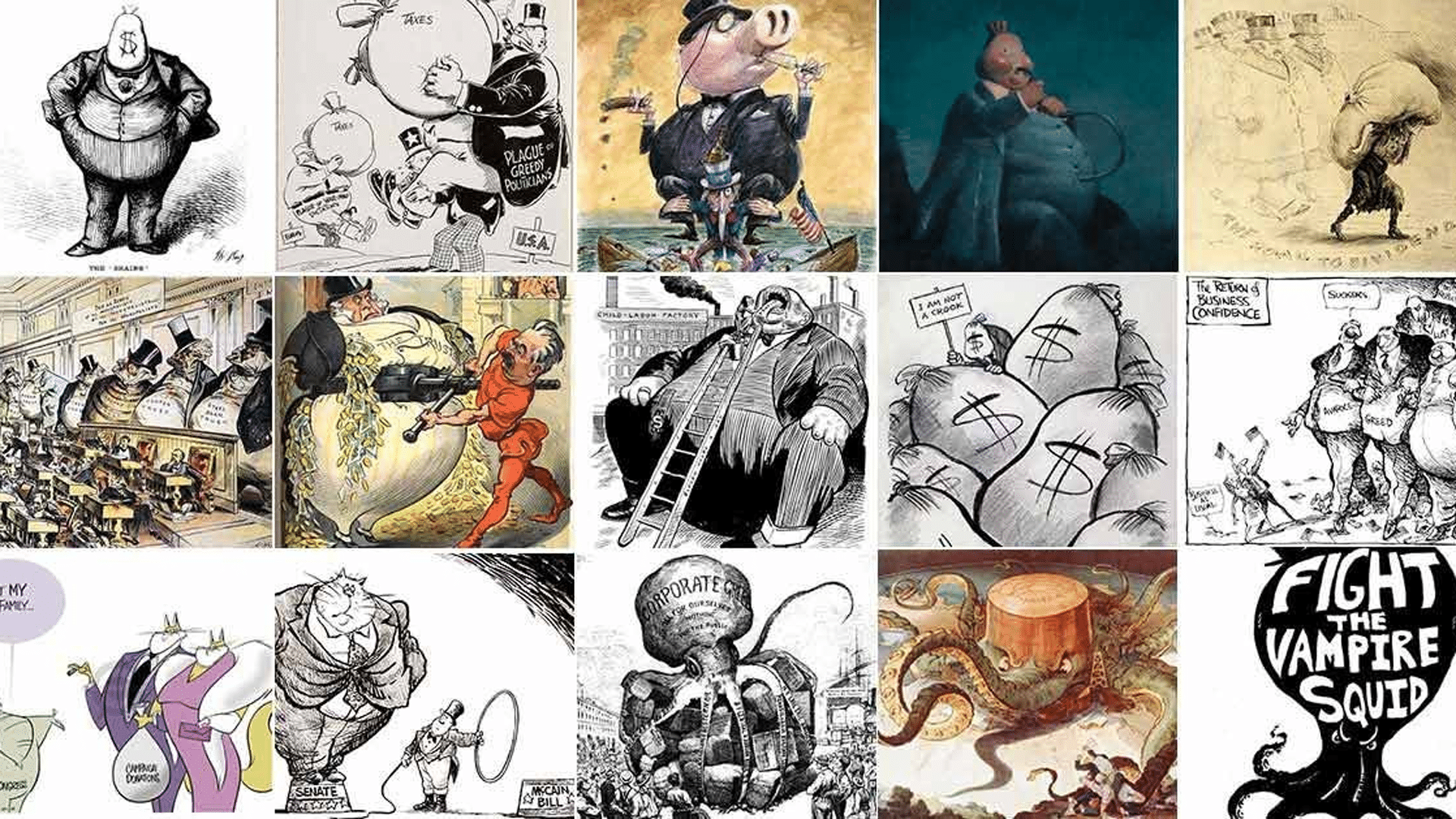 As communicators, we stand behind the adage that “a picture is worth a thousand words” and recommend Politico’s “The Art of the Fat Cat” for popular illustrations of money in politics over the years.
As communicators, we stand behind the adage that “a picture is worth a thousand words” and recommend Politico’s “The Art of the Fat Cat” for popular illustrations of money in politics over the years.
In the midst of predictable, cyclical stock market crashes, something fascinating happened during a 50-year period between the collapses of 1938 and 1987, which also happened to be the longest period of economic prosperity in US history.
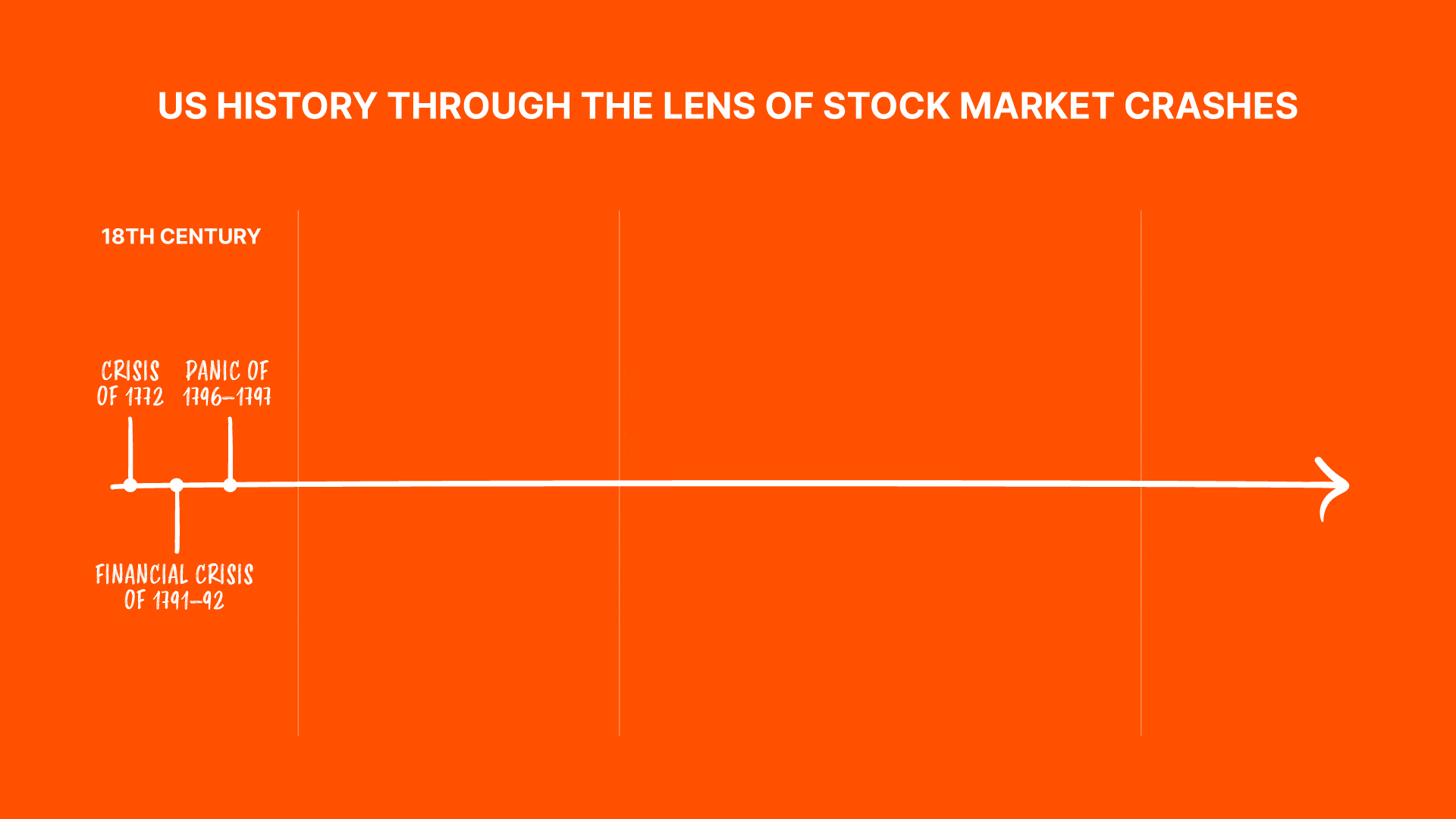 This wasn’t coincidental. The New Deal was a concerted effort to implement policies that invested in people and their communities in equal measure, in the wake of yet another meltdown of the financial markets (that system we keep relying on to measure our collective wealth as a nation). The New Deal brought the institutions and policies that became the bedrock of today’s America: highway system, social security, the Civilian Conservation Corps that built our proud heritage of national forests and parks, the FCC and the SEC, and so on. It’s also crucial to note that it excluded Black and brown workers at the time, as the country was still a few decades away from the Civil Rights Act of 1964 — a fact which gives us another important lesson about how the policies we push for today must explicitly work to correct systemic racial inequities.
This wasn’t coincidental. The New Deal was a concerted effort to implement policies that invested in people and their communities in equal measure, in the wake of yet another meltdown of the financial markets (that system we keep relying on to measure our collective wealth as a nation). The New Deal brought the institutions and policies that became the bedrock of today’s America: highway system, social security, the Civilian Conservation Corps that built our proud heritage of national forests and parks, the FCC and the SEC, and so on. It’s also crucial to note that it excluded Black and brown workers at the time, as the country was still a few decades away from the Civil Rights Act of 1964 — a fact which gives us another important lesson about how the policies we push for today must explicitly work to correct systemic racial inequities.
Business today: Who’s the system really working for?
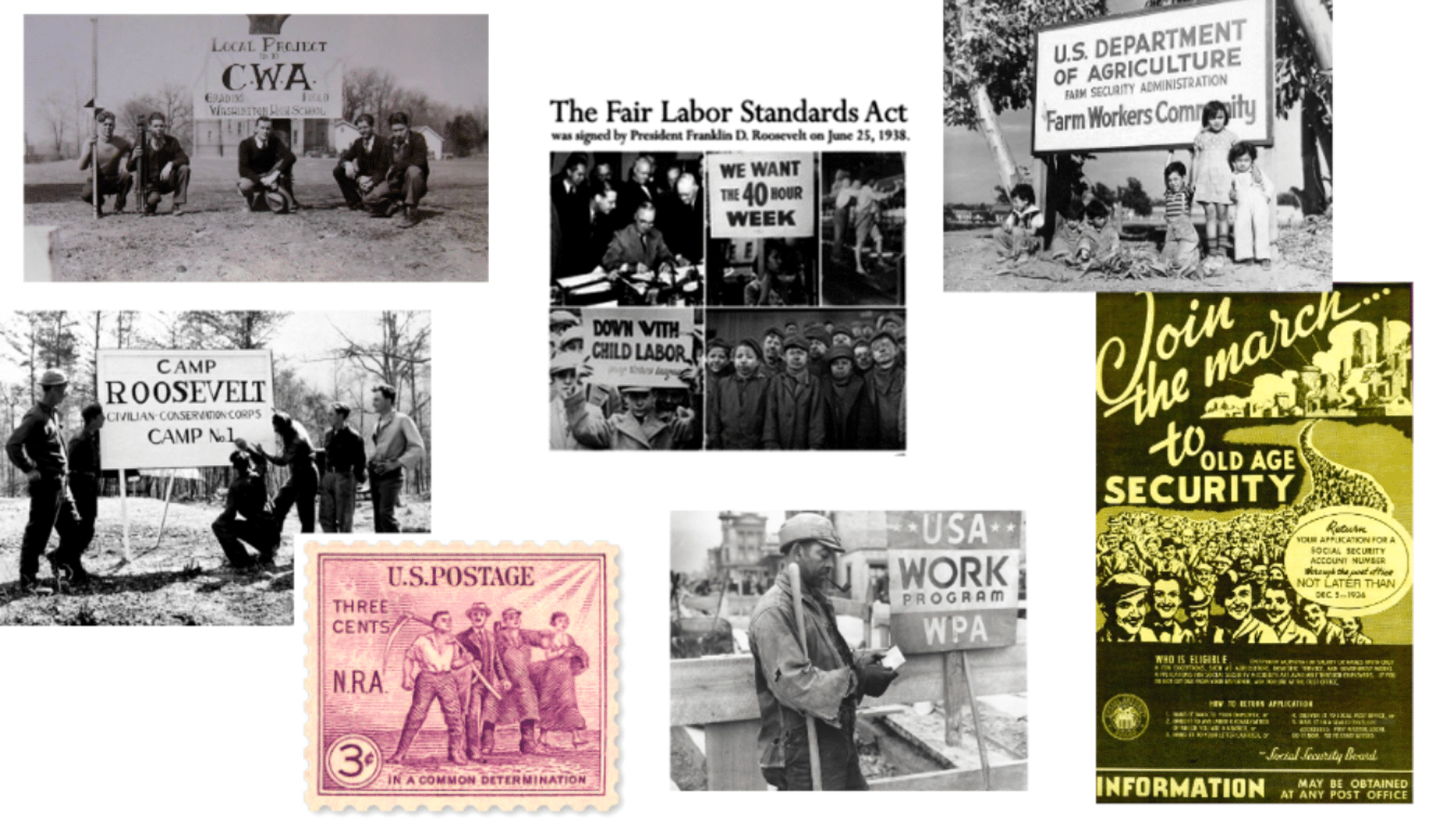 With this historical backdrop to remind us exactly how prioritizing profits over people harms us all, let’s come back to present-day America and the point of this piece.
With this historical backdrop to remind us exactly how prioritizing profits over people harms us all, let’s come back to present-day America and the point of this piece.
Today, corporate trade associations invest more than ever in lobbying for laws that protect their interest: of the 20 highest-spending organizations trying to influence government policy in the half of 2023, 18 represent the corporate interests of every major industry. This list is a pretty single-minded group of actors promoting their own economic interests.
Arguably, these trade associations’ membership is made up of small businesses, seeing as 99.9 percent of US businesses are small businesses according to the U.S. Small Business Administration’s Office of Advocacy. Yes — you read that correctly. That’s why it’s hard for us to believe that 99.9 percent of US businesses narrowly boil down their most pressing needs to “increasing the bottom line” or “removing red tape.” Those surface priorities deflect from other business imperatives that small companies like us deal with every single day: our employees and our communities.
This lobbying has only made larger businesses more dominant, as evidenced by the growing gap in innovation and competitiveness between large and small companies. Hardly the kind of trickle-down benefit trade associations tout for members as a result of their policy agendas.
More importantly, this corporate influence has eroded our system of checks and balances. It weakened the notion of who represents “us” to our elected representatives. Can anyone reading this name the largest public interest groups fighting for children’s welfare, for clean air, or for the cost and quality of the food we eat?
The real bottom line is that it’s a zero-sum game: when our system makes it easiest for those with the most resources to access decision-makers, they prevent others from being heard in equal measure.
You can defend diversity in the workplace — for the good of us all
You may understand now why Mixte, an 18-employee-strong microbusiness, asks: Whose interests are being served in the undoing of hard-fought civil rights and liberties, and affirmative action in particular? Left without awareness and policies to support diversity, a dominant white culture in the corporate workplace reinforces hiring practices that favor whiteness.
And that’s why we, the corporations that care, must fight right back. We can double down on investments to diversify our workplaces and open up opportunities for more people to enter our industries, knowing that the backlash we are seeing is another reflection of a conservative mindset that fears change — and in turn scapegoats others to justify maintaining control. Whatever fear-mongering tactics used, we can stand strong knowing that laws are still on our side to keep building companies that reflect our communities’ and our markets’ diversity.
More specifically, we must reclaim our power in our own circles of influence. It can start as simply as checking whether a portion of our trade association membership dues are automatically used for lobbying activities. Or asking about the process for members to weigh in on that policy agenda. In our experience, most small businesses don’t have time to weigh in on this because A) we’re too busy for this extracurricular work, or B) we wrongfully assume our association has similar values as we do.
America’s track record on human rights is rapidly worsening, as evaluated by Amnesty International and Human Rights Watch reports. Those groups behind the erosion — and outright undoing — of hard-fought legal protections for women, Black, brown or LGBTQIA+ communities are finding businesses to carry their torch and act as though these rights are bad for their business. Take the web design company brought on as the prime defendant in the Supreme Court case used to undermine LGBTQIA+ non-discrimination laws: 303 Creative was never asked to build a website for a gay couple. Its owner just wanted the right to refuse if that situation ever happened.
If affirmative action and Roe were the first big dominoes to tip, despite broad business benefit and/or public support, even more civil rights and liberties can be elevated to a court system built to be more partisan than ever: voting rights, free speech online, reproductive rights, gun safety, free education, rights related to your gender and your race, privacy, fair pay, the right to unionize, taxpayers’ rights…
Each one of these basic rights and liberties is under scrutiny by a dwindling group struggling to accept a more diverse America. We believe businesses can shape the narrative of “what’s good for America” by signaling unequivocally our support for these rights and liberties and speaking up loudly on their behalf.
Sources:
- The Art of the Fat Cat
- Timeline of US Stock Market Crashes
- Every recession from U.S. history and how the country responded
- Modeling of Crisis Processes in the Financial Market
- 1992 – 2018: The U.S. Financial Crisis
- The slumps that shaped modern finance
- The Next Stock Market Crash Prediction. How I Predicted the 2022 Market Crash
- ‘Corporations Are People’ Is Built on an Incredible 19th-Century Lie
- How American Corporations Had A ‘Hidden’ Civil Rights Movement
- You have the Right… (not to be killed.)
